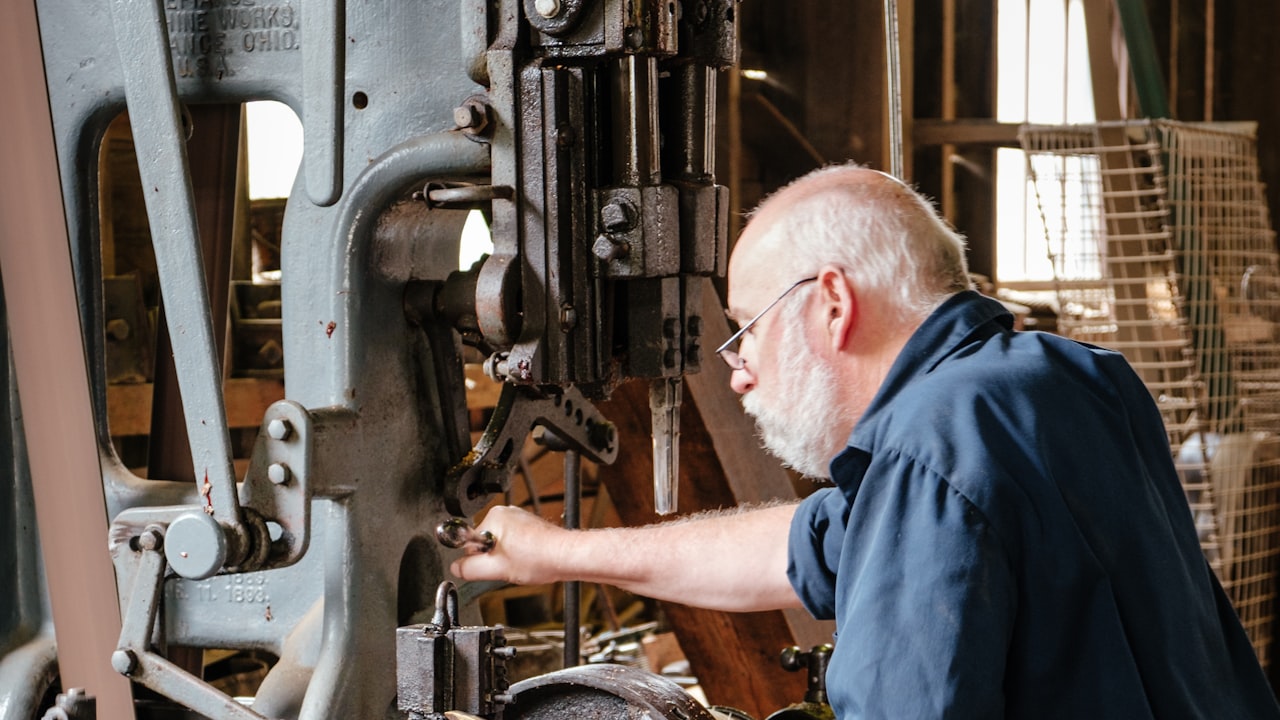Title: A Comprehensive Guide to Pharmaceutical Machinery
Pharmaceutical machinery plays a crucial role in the manufacturing process of medicines and healthcare products. Among the various types of pharmaceutical machinery, table press machines and capsule filling machines are essential for the production of solid dosage forms. In this guide, we will explore the functions and benefits of these machines, with a focus on TDP (Tablet Press) and THDP (Capsule Filling) machines.
Tablet Press Machine (TDP):
Tablet press machines, also known as TDP machines, are used to compress powdered ingredients into tablets of various shapes and sizes. These machines operate by exerting high pressure on the powder, forming it into a solid tablet form. TDP machines are versatile and can be adjusted to produce tablets with different characteristics, such as hardness, thickness, and weight. Additionally, TDP machines are efficient and cost-effective, making them an essential tool in pharmaceutical manufacturing.
Capsule Filling Machine (THDP):
Capsule filling machines, or THDP machines, are designed to fill empty gelatin capsules with powdered or liquid ingredients. These machines consist of multiple stations that handle different steps of the capsule filling process, including capsule separation, filling, and sealing. THDP machines are capable of filling a large number of capsules rapidly and accurately, ensuring consistent dosing and product quality. These machines are widely used in pharmaceutical and healthcare industries for the production of capsule-based medications and supplements.
Key Features and Benefits:
– Precision and Accuracy: Both TDP and THDP machines are engineered to deliver precise and accurate results, ensuring uniformity in tablet and capsule production.
– Efficiency and Productivity: These machines are designed to maximize production output while maintaining high quality standards, increasing overall efficiency in pharmaceutical manufacturing.
– Versatility and Customization: TDP and THDP machines can be customized to meet the specific needs and requirements of different pharmaceutical formulations, allowing for flexibility in production.
– Compliance and Safety: Pharmaceutical machinery, including TDP and THDP machines, adhere to strict regulatory standards to ensure product safety and compliance with industry regulations.
In conclusion, pharmaceutical machinery such as table press machines and capsule filling machines are essential tools in the manufacturing process of pharmaceutical products. TDP and THDP machines play a vital role in producing solid dosage forms with precision, efficiency, and quality. By understanding the functions and benefits of these machines, pharmaceutical manufacturers can enhance their production processes and deliver high-quality medications to patients worldwide.
(Word Count: 380)

 Title: “The Evolution of Pharmaceutical Machinery: Advancements in Modern Drug Manufacturing Equipment”
Title: “The Evolution of Pharmaceutical Machinery: Advancements in Modern Drug Manufacturing Equipment”



